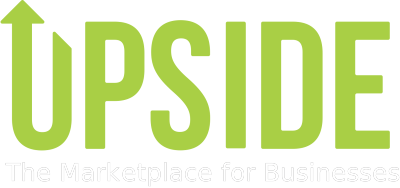
Independent Supermarkets in Australia
DUE DILIGENCE When you are considering buying a business, conducting due diligence ensures you have access to important information about the business you're buying. It's the best way for you to assess the value of a business and the risks associated with buying it. Through the due diligence process, you thoroughly investigate all aspects of a business for sale. You look at the business's operations, financial performance, legal and tax compliance, customer contracts, intellectual property, assets and other details, often within a time period specified in a letter of intent. You usually conduct due diligence after you and the seller have agreed in principle to a deal. The information you collect during due diligence is highly sensitive and confidential. The seller will want you to sign a non-disclosure agreement before you access this information As part of the due diligence process when you're investigating a business to buy, you should thoroughly review the business's fixed and intangible assets. Knowing exactly what's for sale will help you accurately value the business. It is a good idea to consult a professional adviser to help answer the following questions: Assets
- Do you know exactly what you are buying and not buying? Are there lists of assets and have you checked them?
- If the business is a limited company, are you buying the shares or the assets? Legal advice is probably necessary if you're buying a company.
- What is the book value, the market value and replacement value of the fixed assets? Which will you pay?
- If you're going to buy inventory or work-in-progress, has a value been agreed on? Have you agreed on how it will be adjusted at the time of settlement, and within what limits?
- Have you decided what intangibles you want such as mailing lists, business name, exclusive rights, or leases? Can they be transferred?
Stock
- Are you sure that the rate of stock turnover is in line with industry practice?
- Are you sure that the existing stock does not include slowly moving items from another business?
- Has inventory been correctly valued in cost of goods sold statements?
- Has an item of inventory been sold but not shipped
Equipment
- Is the equipment in good repair? Is it efficient? Is it in danger of becoming obsolete or difficult to service? Are parts available? Could it be sold easily?
- Is depreciation claimed for the equipment and, if so, is it reasonable (particularly for the price you'll be paying)? Is it based on an accounting or tax viewpoint?
- Is any equipment leased? Do you know the terms and the cost of all equipment leases?
- Will you get ownership when equipment leases expire? What are residual values?
For more information and assistance contact Mathew Hartley on 0400 412 593.



